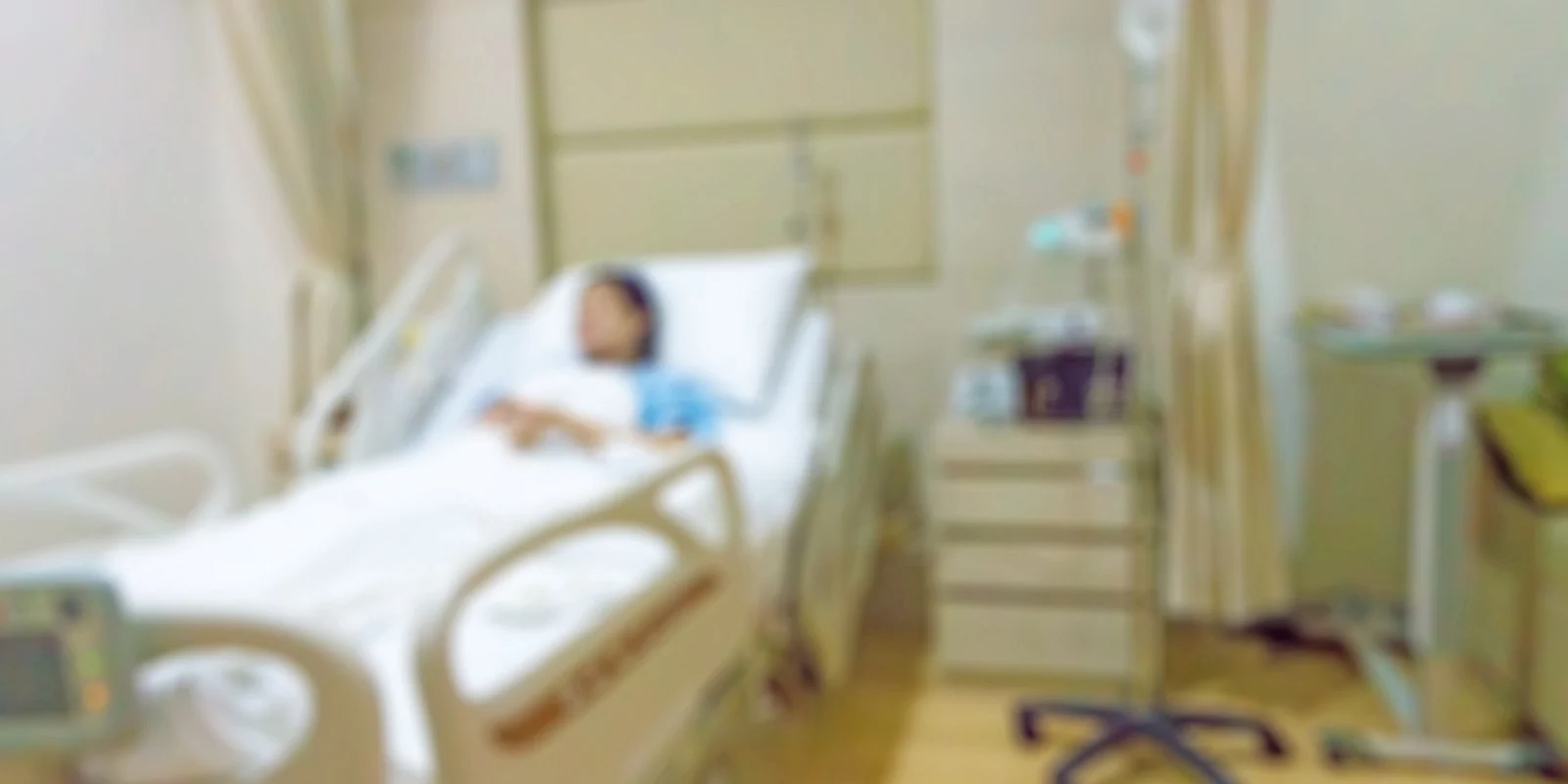
Sweet fatigue and righteous exhaustion came to me as the dying came to her. We had both put in a full day.
I had given the orders. The Emergency Room (ER) staff, competent as usual, had carried them out. My hours on the phone, before finally sending Mrs. V. to the ER, were filled with family adjusting medicine, following instructions by phone, and attempting to make her comfortable. This was before PET scans and widespread hospice services.
The large mass in her lung had defied definition, lying dormant for six unbelievable years. Two attempts at directed needle biopsy had yielded a demoralizing pneumothorax requiring a painful chest tube, and she had flatly refused open biopsy. She had thrived, untouched, until just 6 months ago when her unlovely secret opened its petals and blossomed forth, planting new seeds inside lungs and all over pleura, flowering like cotton in Georgia, fluffy and ominous.
It was midnight, after a hectic office day for me. Mrs. V. had gone home from the hospital after a brief admission, and only two days had elapsed before symptoms again became unmanageable at home.
She must have wondered if now it was time to die. I didn’t think so — but I couldn’t know. They told me the blood gas results: they weren’t good. They told me she was agitated and wouldn’t breathe through her nose, so they replaced the nasal oxygen with a Venti-mask. They were waiting to get the gases again, but she was constantly upset, despite attempts to sedate her.
I knew I would do nothing more when I got there; I knew I could easily admit her by phone and see her in the morning. I arranged the admission and started to settle down, but I couldn’t imagine, even with family around, her calming down now. I could only see her wondering, where is my doctor? I began to think that only I would have the healing touch that she needed now. Not only did we have our history together, as with all the patients in a Family Practice — the minor and major meanderings of bodily ills and emotional scrapes through the years — but she knew how often she had been helped to come through smiling, and it was sheer faith that could calm her down now.
She had a Living Will in the chart. We had had the “death discussion” long before, when she thoroughly realized that the single mass maybe could be radiated, maybe could be excised, and she chose not to do it — she chose to have faith that it really wasn’t malignant (after all, the attempted biopsies were negative — though we had impressed upon her that they were so because they were admittedly inadequate). “I’m old, I’ve had a good life — it’s time to go. What am I staying for anyway?”
But now it was time to die: and it seemed more like time to stay. She knew that I remembered all of those conversations. I knew that whatever her blood gases, the agitation was part of that dilemma: wanting to go and wanting to stay. But more than anything, wanting to trust.
I threw on my clothes and went in. I couldn’t do otherwise, even though I fought with myself, knowing tomorrow’s patients in the office would be better off if I went to sleep now instead of going in. I said to myself, “Who do you think you are? You know very well you’re not indispensable — everything that can be done is being done. You know anyone else can do the job as well as you. Not only that, you know they could do it better, especially when it came to cure (after all it wouldn’t have been you who would have removed that mass, had she allowed it). What if you were out of town?”
But now it wasn’t cure — it was comfort, it was solace. Was I being delusional? Or, in the middle of that self-deprecation did I have to be honest and recognize that only I would be the best comfort she could have. Could I deny her that? Now was when she needed it — not tomorrow morning.
So I went. As I walked in I could see her eyes. I had watched the respiratory rate from across the room, as I came in from the hallway of the Emergency Ward. I could see its striking change — her breathing eased. I took her hand: she smiled weakly. “Oh, I’m starting to feel better now, I think.” Her son and daughter-in-law, to whom I had been speaking all night, and who did not expect me to appear on the scene changed their expression, and visibly relaxed. “She’s breathing a lot easier, just now, ” they said.
The load, the responsibility, that I had been carrying all evening suddenly lifted, and I felt free.
As we looked at each other, my undying respect for the dying must have been revealed to her, as her silent message said, “I was waiting for my own doctor.”
When I returned home, my husband, half-asleep said, “How’s your patient?” I said, “I think she’s a little better.” That was only the translation.
Pepi Granat M.D. is a solo practitioner of Family Medicine in South Miami, FL, and Voluntary Clinical Professor of Family Medicine at the University of Miami Miller School of Medicine, who still admits and cares for her own patients in hospital when necessary.






